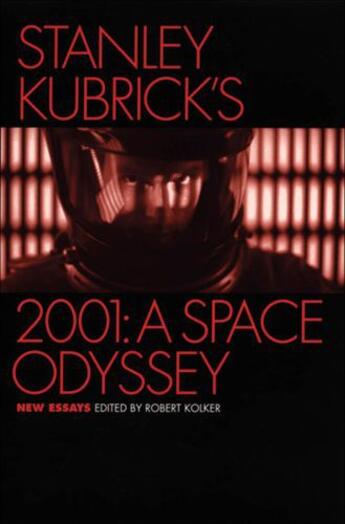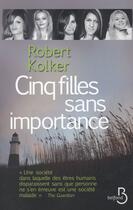-
Nombre de pages : (-)
-
Collection :
(-)
-
Genre :
(-)
-
Thème :
Non attribué
-
Prix littéraire(s) :
(-)
Résumé:
Almost all students have seen 2001, but virtually none understand its inheritance, its complexities, and certainly not its ironies. The essays in this collection, commissioned from a wide variety of scholars, examine in detail various possible readings of the film and its historical context.... Voir plus
Almost all students have seen 2001, but virtually none understand its inheritance, its complexities, and certainly not its ironies. The essays in this collection, commissioned from a wide variety of scholars, examine in detail various possible readings of the film and its historical context. They also examine the film as a genre piece--as the summa of science fiction that simultaneously looks back on the science fiction conventions of the past (Kubrick began thinking of making a science fiction film during the genre's heyday in the fifties), rethinks the convention in light of the time of the film's creation, and in turn changes the look and meaning of the genre that it revived--which now remains as prominent as it was almost four decades ago. Constructed out of its director's particular intellectual curiosity, his visual style, and his particular notions of the place of human agency in the world and, in this case, the universe, 2001 is, like all of his films, more than it appears, and it keeps revealing more the more it is seen. Though their backgrounds and disciplines differ, the authors of this essay collection are united by a talent for vigorous yet incisive writing that cleaves closely to the text--to the film itself, with its contextual and intrinsic complexities--granting readers privileged access to Kubrick's formidable, intricate classic work of science fiction.
Donner votre avis















